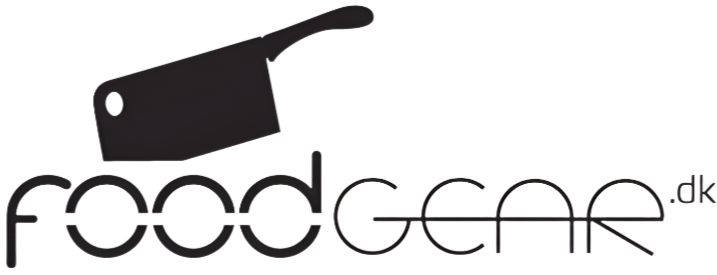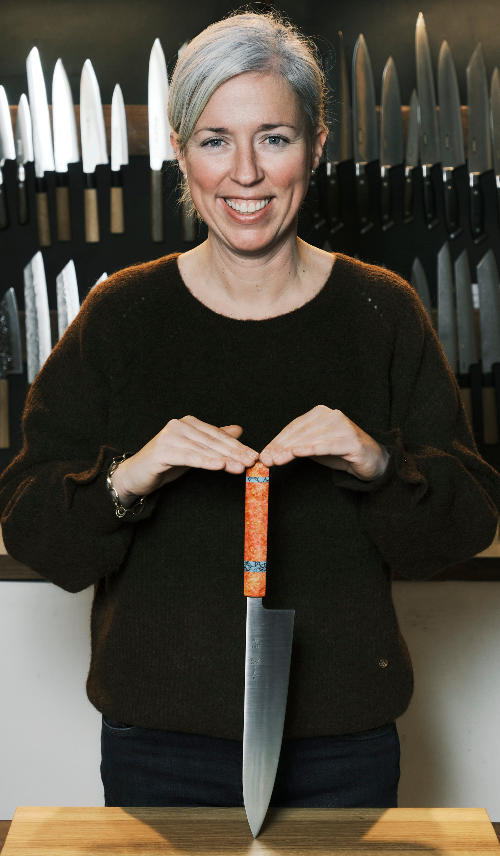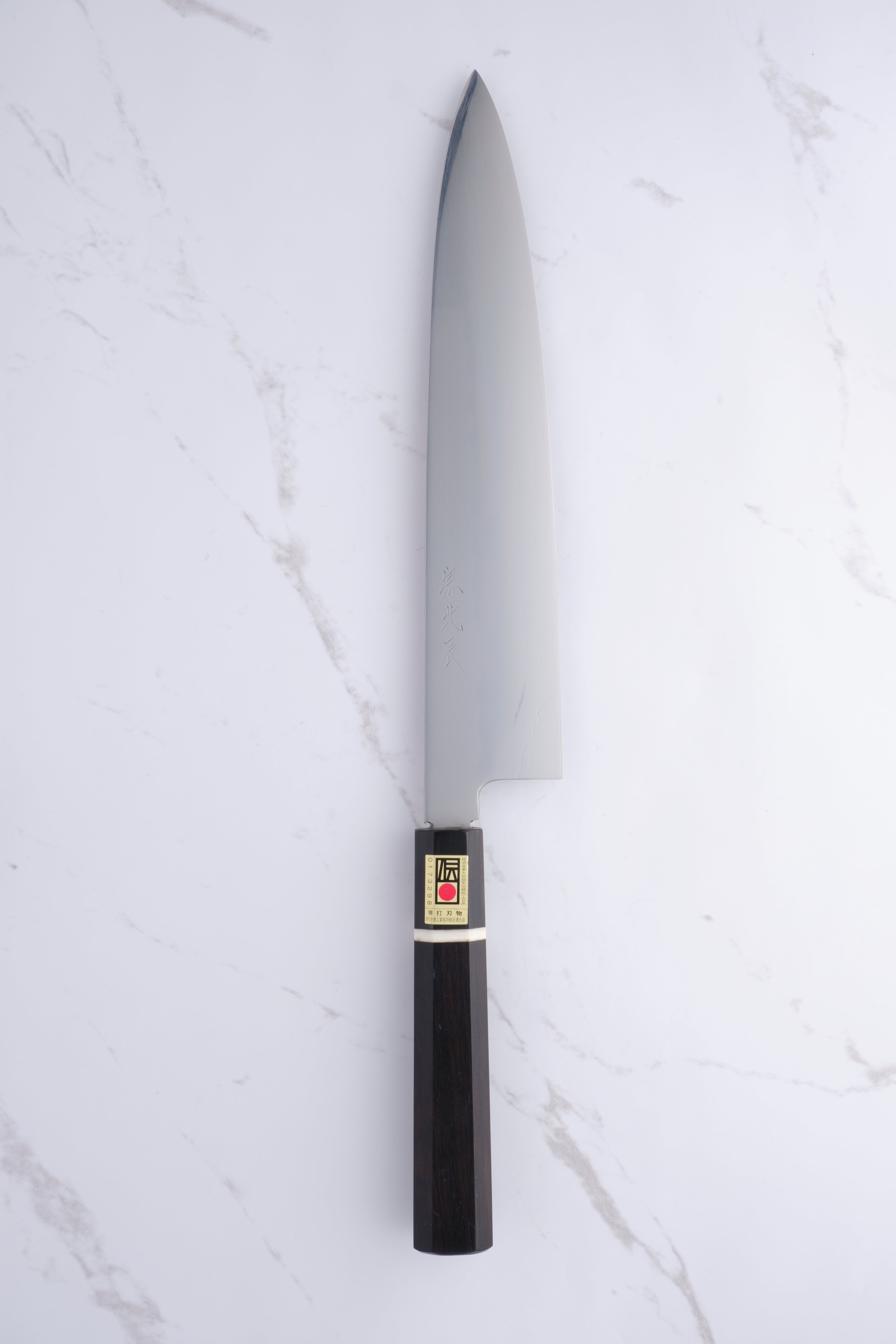
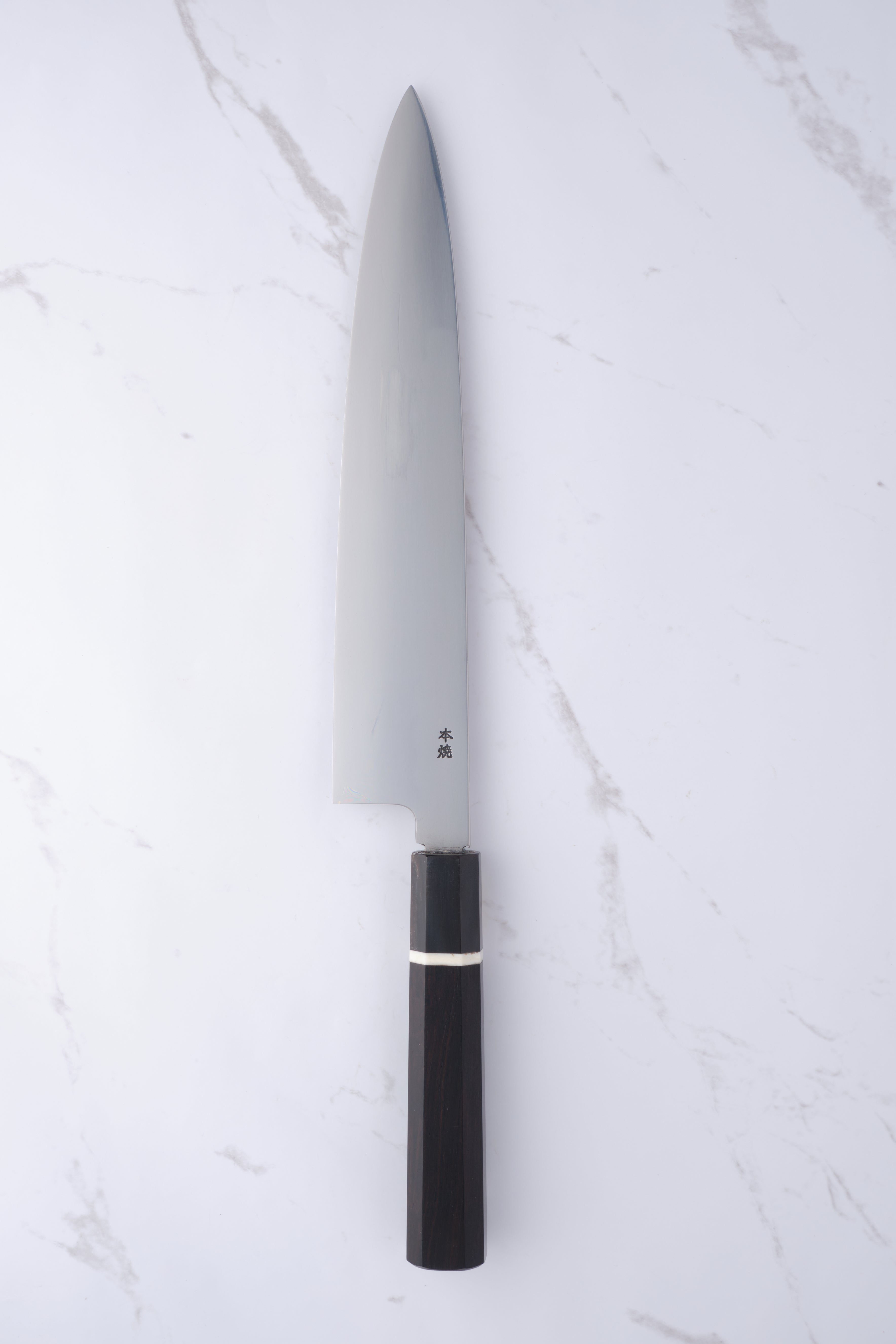
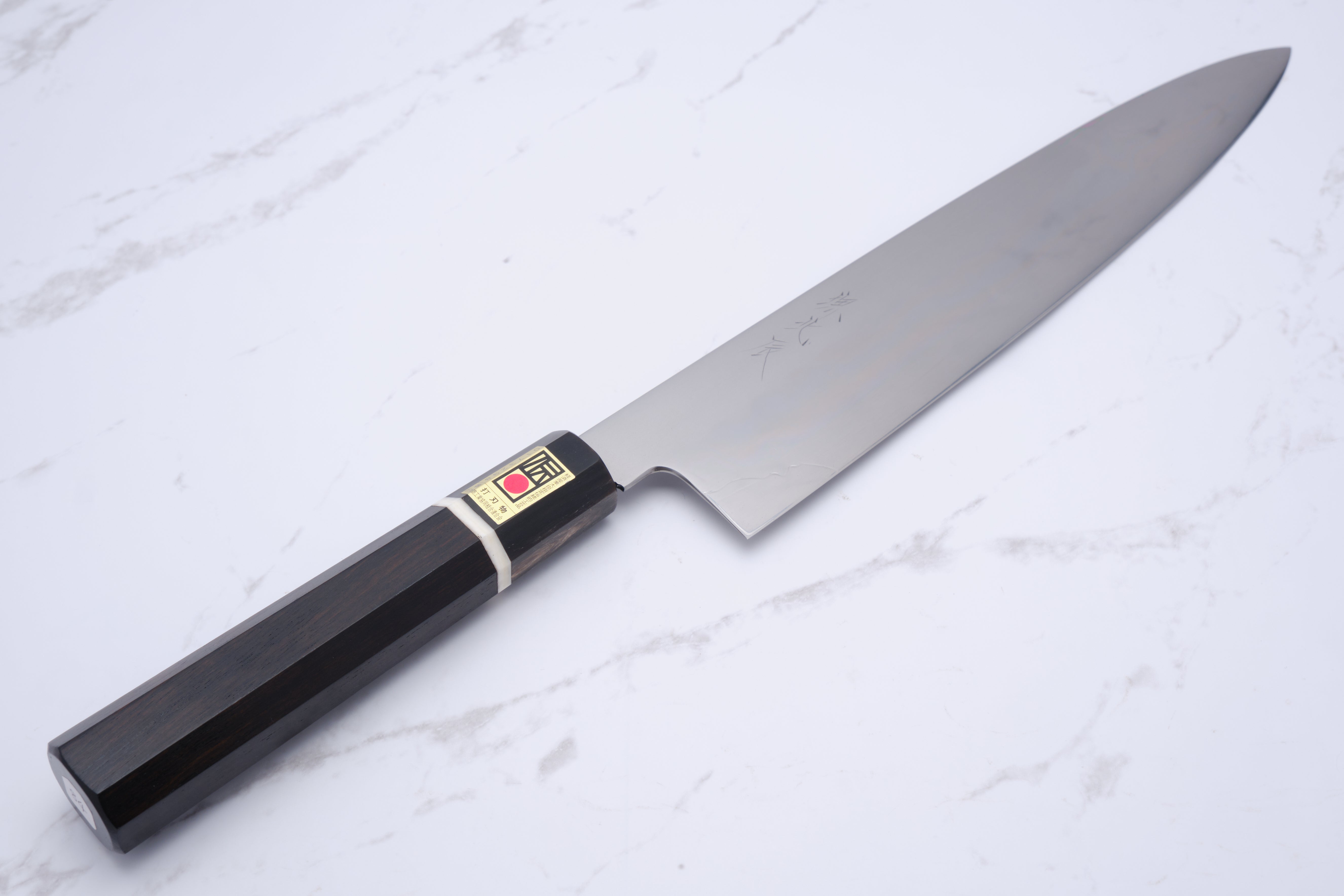
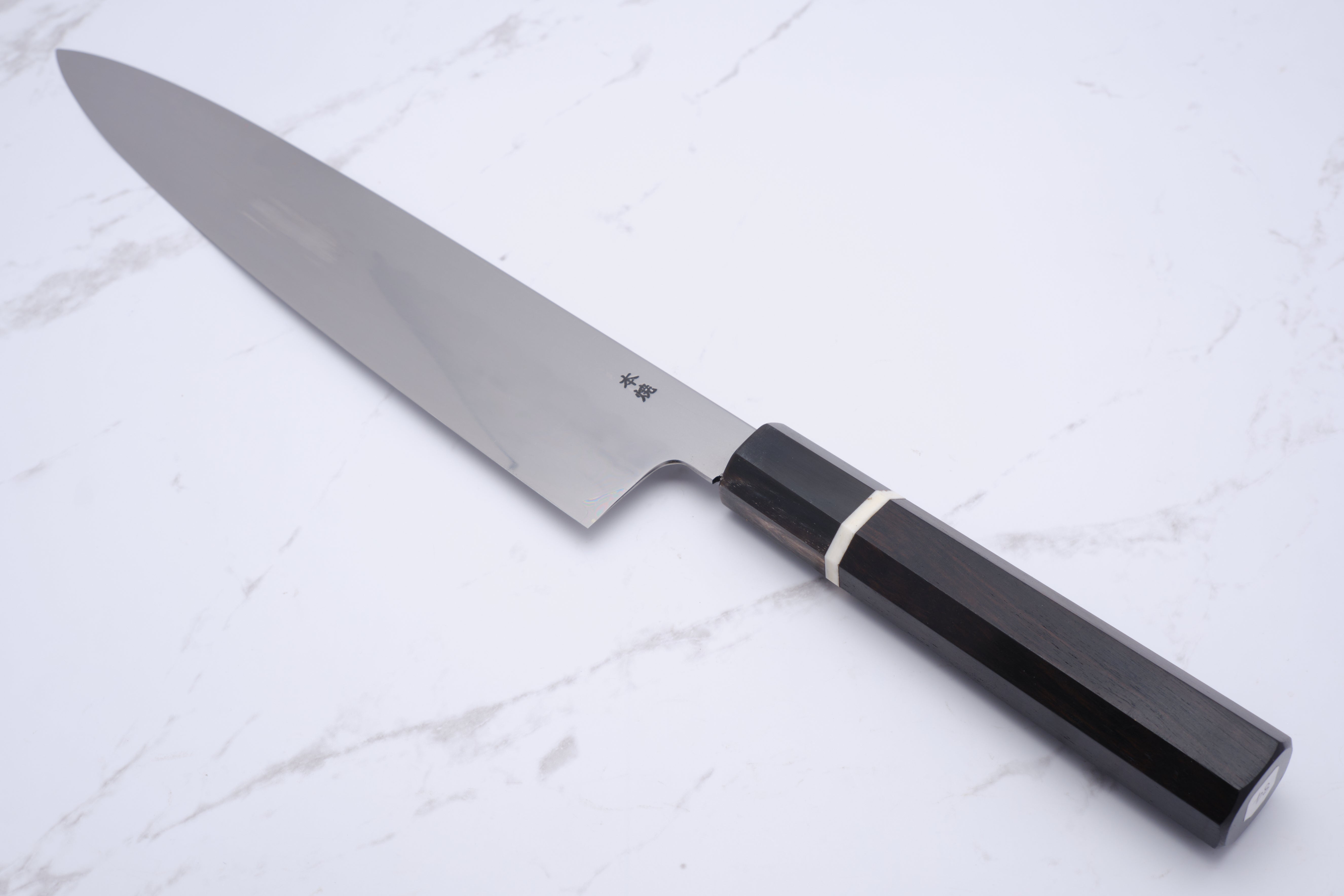
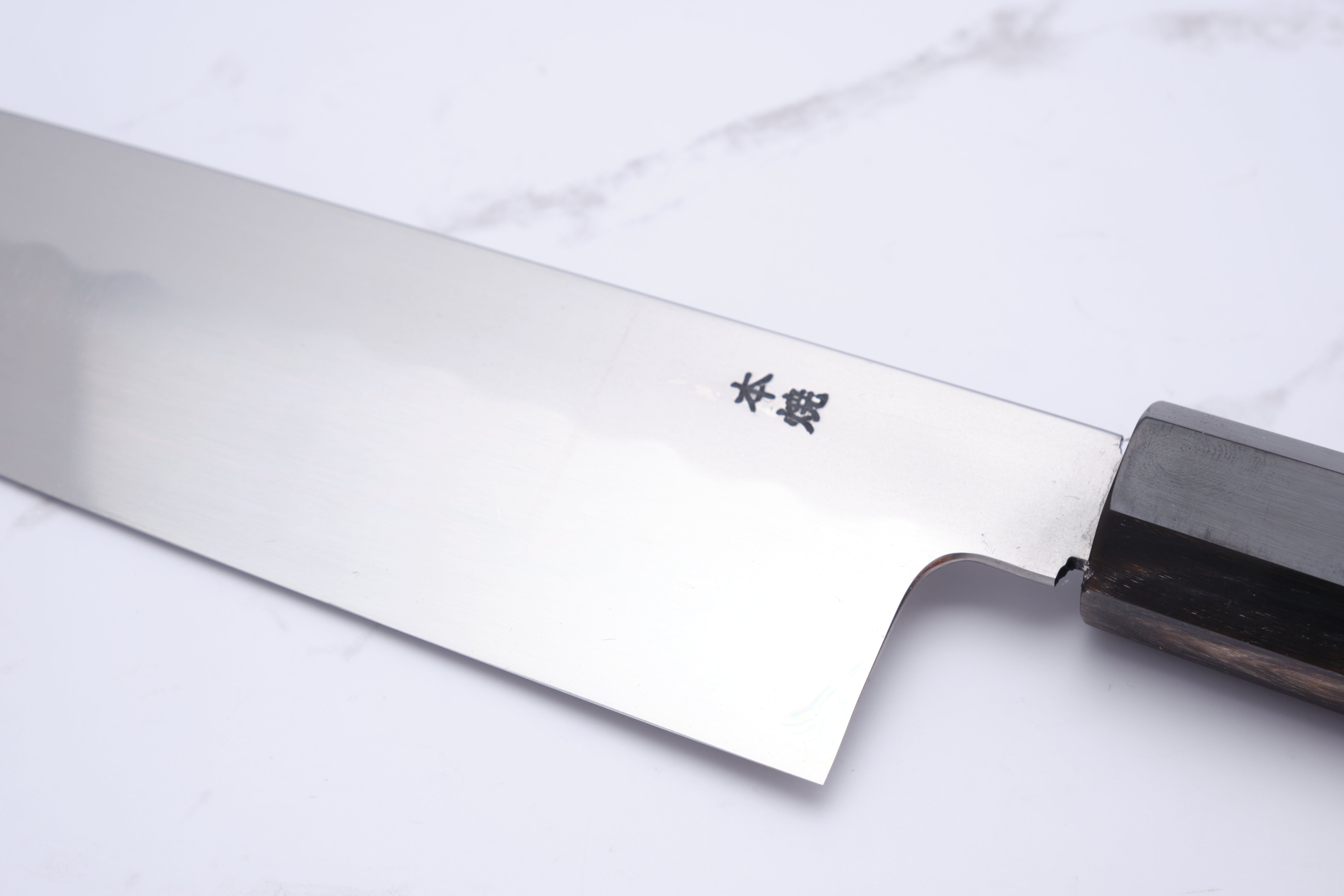
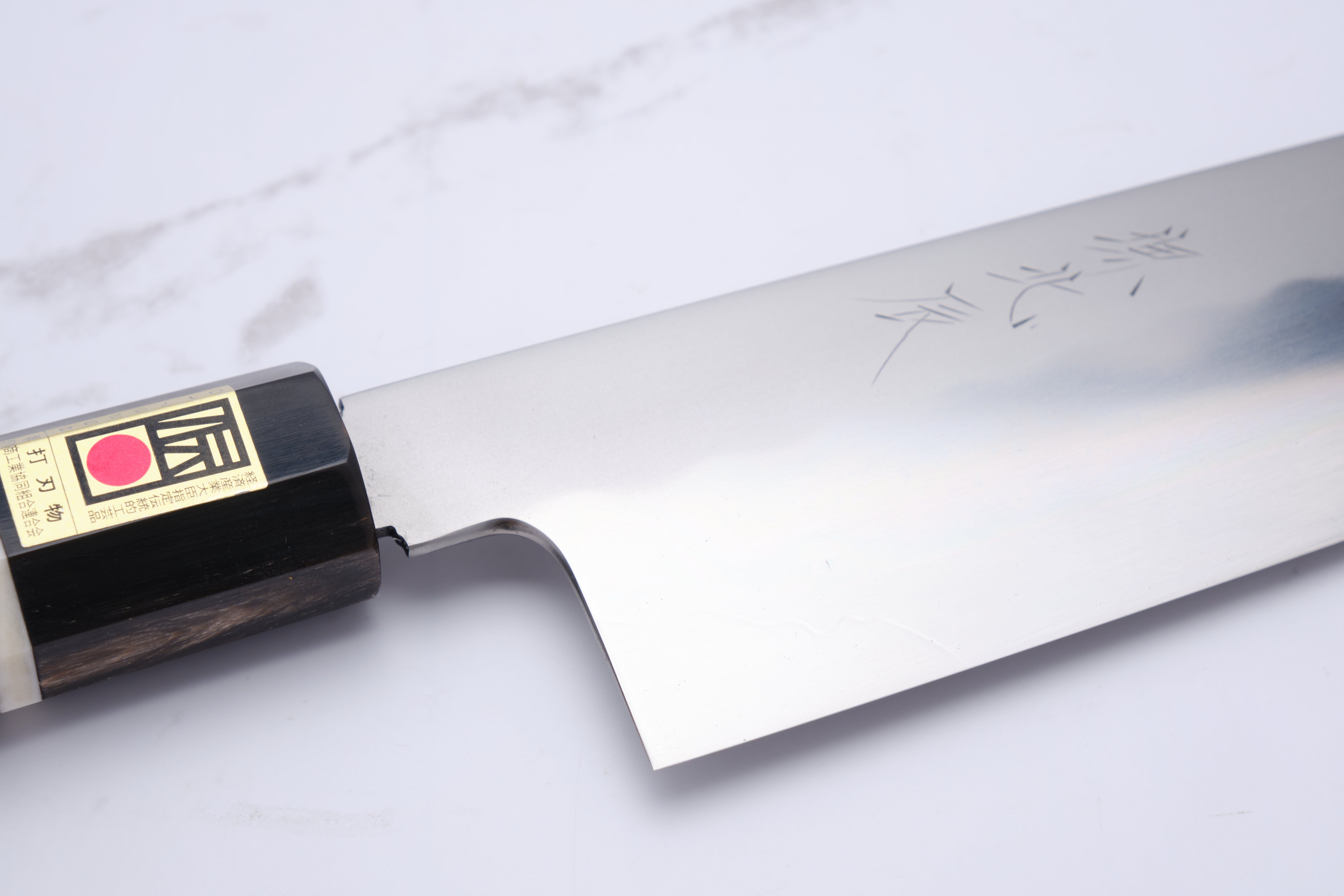
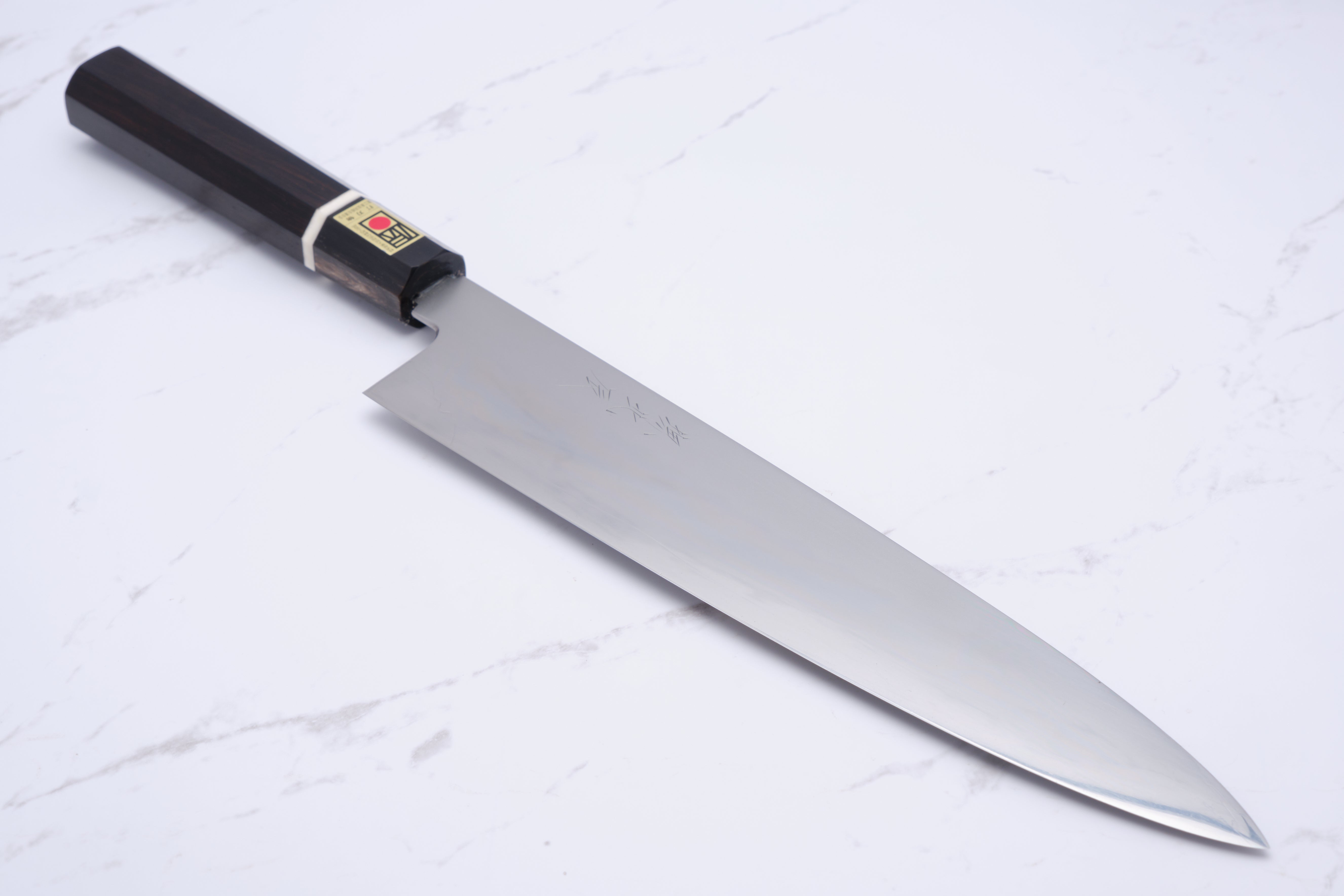
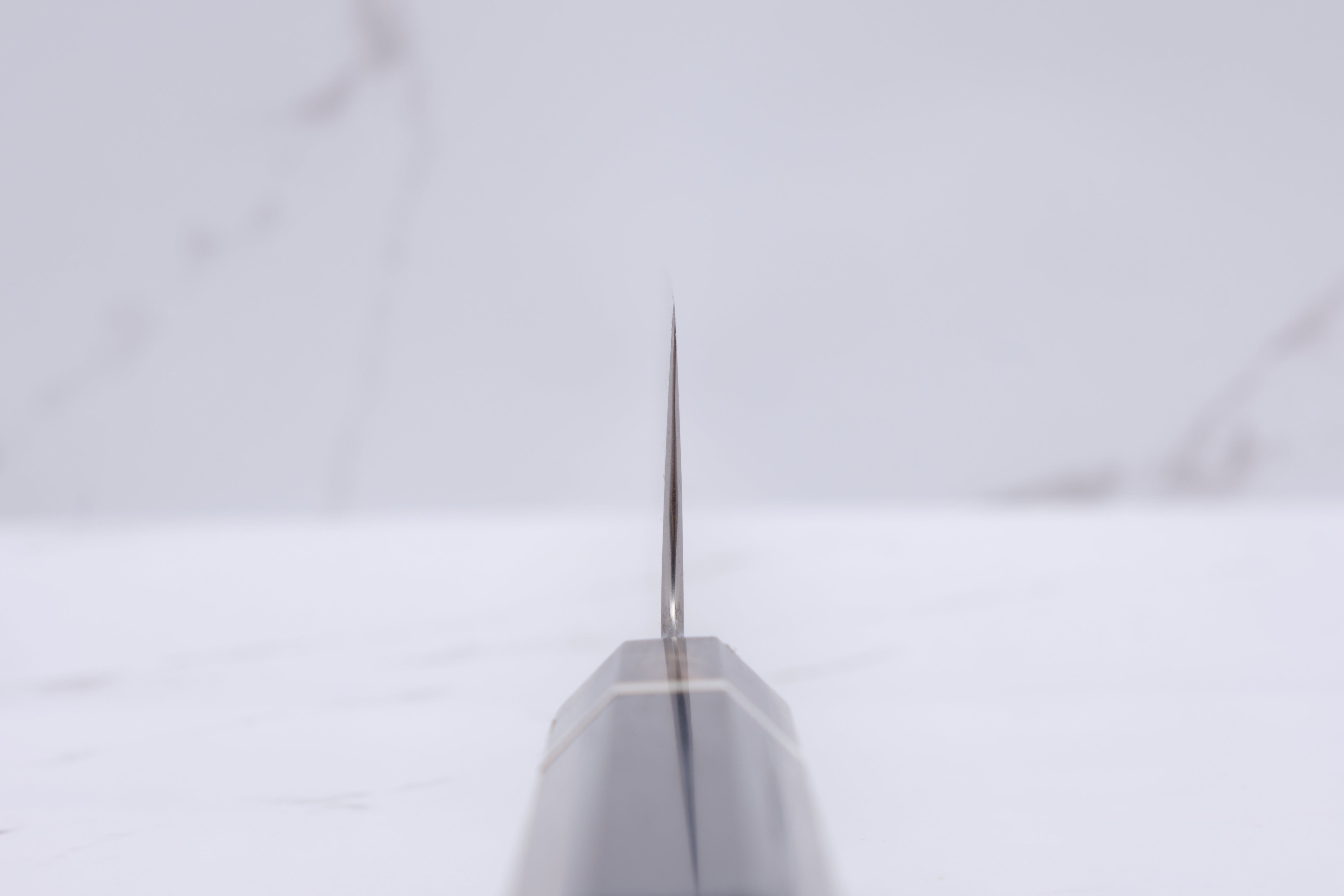
Ikeda Abura-Honyaki 270 mm Gyuto Shirogami 3 - Ebony
Tax included.
Pickup currently unavailable at Foodgear Shop Torvehallerne

Ikeda Abura-Honyaki 270 mm Gyuto Shirogami 3 - Ebony
Foodgear Shop Torvehallerne
Rømersgade 18
Torvehallerne Kbh - Hal 1
1362 København
Denmark
Yoshikazu Ikeda started forging knives together with his father Kameo Ikeda in 1967. He is among the most skilled blacksmiths from Sakai, and is one of the few who forges honyaki knives. He has also received a medal from the Japanese government, for keeping alive traditional Japanese craftsmanship.
This knife is made in honyaki construction, which means it is a piece of steel, in this case Shirogami 3, which has been differentially hardened. You do this by putting clay on the back of the knife before hardening the knife. The clay causes the back of the knife to cool down more slowly, so that it becomes soft in the back and gives stability to the knife. The edge, where there is no clay on it, cools down faster and therefore becomes harder in the steel. This process also creates a lot of stress in the steel during hardening, which causes many honyakis to break during production. For this reason, honyakis cost significantly more than normal 3 ply knives. The combination of the softer back and hard edge gives a unique cutting experience that is very different from other knives.
Shirogami 3 or White 3 is a carbon steel, and is in the category of so-called white steel. Shirogami 3 is among the purest carbon steels from Japan, and for this reason it can be incredibly sharp, and is very easy to sharpen.
This knife is a gyuto, which is also popularly just called a chef's knife. This is 27 cm, and it is used for most tasks in the kitchen and is particularly good for slicing and chopping tasks in both meat and vegetables.
| Brand/series | Ikeda Abura-Honyaki (Oil Cured) |
| Type |
Gyuto/Chef's knife |
|
|
Shirogami 3 |
|
|
50/50 |
|
|
Japanese Ebony handle |
|
|
NO |
|
|
62-63 |
|
Specs (May vary slightly because the knife is handmade) |
Length: 270mm. Height: 50mm. Weight: 259g. Width out of the handle: 2.5mm. |
The knife must never be washed in a dishwasher, must not cut into hard objects such as bones, cartilage, bones and frozen objects as well as hard cheeses. Remember that it is a property of thin, hard metal that it can break.
Choose options








